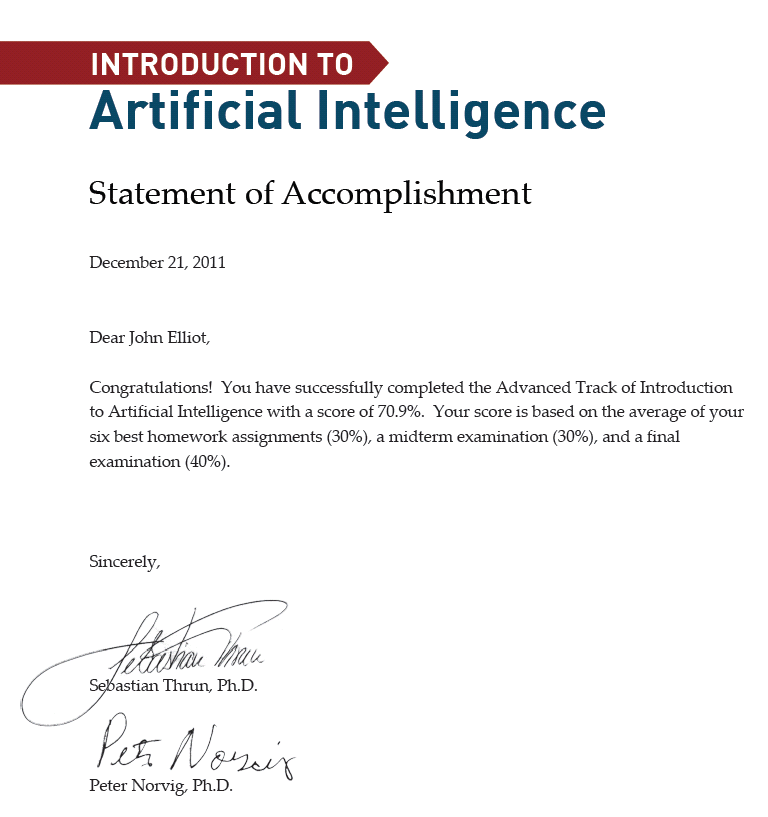This is a part of the homework feature of my blog, which is an ongoing conversation with my mate S.F.
Hey mate. Lovely to see you again, as always.
I have a note here about Milo but I’m not sure why.
There is a rumor that the story of Snow White and the Seven Dwarfs is about cocaine addiction, particularly that the Seven Dwarfs represent the various stages. But Snopes says this theory is bunk.
Two authors Strunk & White wrote a book called The Elements of Style which is a style guide for formal grammar used in American English writing. Famously they said “let every word tell”.
The phone you gave me I named ‘skadi’ after the Norse goddess Skaði.
According to John Cleese in his hilarious letter Something of a Retraction: Cleese letter to the U.S., French fries aren’t French, they’re Belgian.
I heard a rumour that DeepSeek says there are three r’s in “strawberry” but I can’t find a corroborating source.
Penny Arcade is great. I mentioned this one: Dirty One.
In Laws and Sausages the structure of the United States of America is explained in a comic format.
In Death of a Salesman there is a famous quote “A salesman is got to dream. It comes with the territory.”
Tribal not racist.
I think all you need for subjective experience is one or more sensors. Both consciousness and self-awareness are different to that. Although they probably do entail subjective experience too.
I should have a promotions policy on my website. Thanks for the suggestion. I will look into this.
There is a famous RFC: Key words for use in RFCs to Indicate Requirement Levels. This, for instance, defines what the word “should” should mean.
The seven check marks are elements of white privilege, given as:
- male
- white
- heterosexual
- at least one highly educated or wealthy parent
- at least one parent born in the Netherlands
- a VWO diploma (preparatory scientific education)
- and a diploma from the University
In Outliers the author Malcolm Gladwell comes to the conclusion that success is mostly luck. In the same book Gladwell says that to attain mastery the a subject needs to be actively studied for 10,000 hours.
In Magic Words and How to Use Them the author explains how you can use uncompromising positivity to craft the life you want. Seemed to work for me, if you’re positive about people they seem to magically be positive back.
The Old New Thing is a blog from Raymond Chen, a long time programmer from Microsoft who had a lot to do with Windows.
I mentioned that Alan Kay worked for both Atari and Apple.
The famous quote “Never underestimate the bandwidth of a station wagon full of tapes hurtling down the highway.” is from Andrew S. Tanenbaum.
Asleep From Day by The Chemical Brothers.
Why You Will Marry the Wrong Person from Alain de Botton.
Before you speak let your words pass through three gates:
- is it true?
- is it necessary?
- is it kind?

